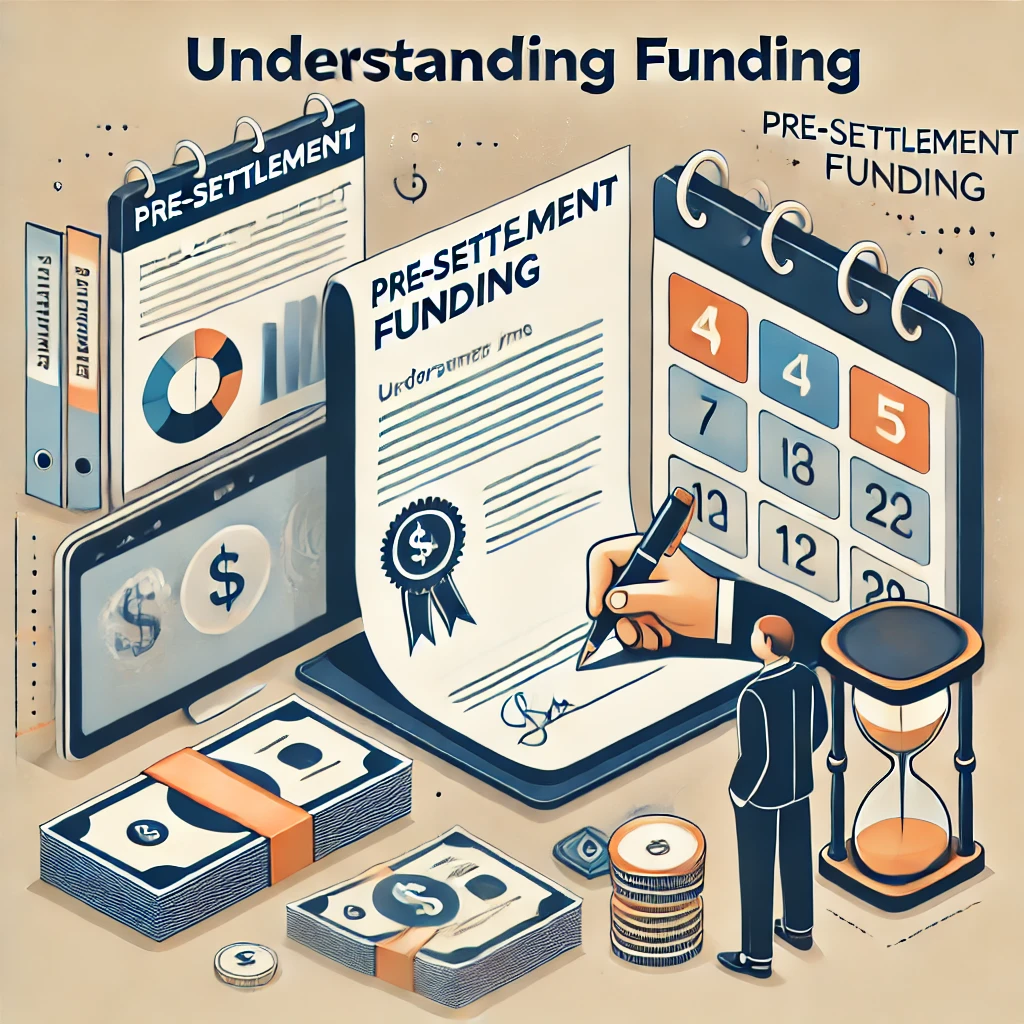Selling Your Structured Settlement: A Simple Guide for Everyone
Thinking about selling your structured settlement payments? Maybe you need quick cash for an emergency, want to start a business, or prefer having a lump sum instead of waiting for smaller payments over time. Whatever your reason, choosing the right buyer is key to getting the best deal and avoiding unnecessary stress.
Here’s an easy guide to help you understand the process and find the right buyer.
What’s a Structured Settlement Buyer?
A structured settlement buyer is a company or person who gives you a lump sum of money now in exchange for your future payments. Think of it like trading a series of future paychecks for one big payment today.
These buyers take on the risk of receiving your future payments, and they earn a profit by giving you less than the total value of what you would have received over time.
Why Do People Sell Structured Settlements?
People sell structured settlements for all kinds of reasons. Here are some common ones:
- Paying Off Debt: If you have high-interest loans or credit card debt, selling your settlement can help you save on interest.
- Handling Emergencies: Unexpected costs like medical bills or home repairs may require immediate cash.
- Investing: A lump sum can help you start a business or invest in something like property.
- Education Expenses: Cover tuition or other school-related costs with upfront funds.
Whatever your reason, make sure it’s a smart move for your financial future.
How to Find the Right Buyer
Finding the best buyer for your structured settlement is the most important step. Here’s how to do it:
1. Start with Research
Look for companies with good reviews and a history of treating customers well. Check if they’re accredited by organizations like the Better Business Bureau (BBB).
Ask these questions:
- How long has the company been in business?
- Are there positive reviews from real customers?
- Do they clearly explain their terms and fees?
2. Compare Offers
Don’t accept the first offer you get. Contact multiple buyers and compare what they’re offering. This will help you see if the deal is fair.
Tip: Be careful if someone pressures you to decide quickly. A trustworthy company will give you time to think.
3. Check for Licensing
Make sure the buyer is licensed to operate in your state and follows all legal rules, like those in the Structured Settlement Protection Act (SSPA).
4. Ask About Fees
Every buyer will take a percentage of your future payments as their profit. This is called the “discount rate,” which usually ranges from 8% to 18%.
Ask these questions:
- What’s the discount rate?
- Are there hidden fees?
- How is the payout amount calculated?
5. Talk to Experts
Selling your settlement is a big decision. Get advice from a lawyer or financial advisor to make sure it’s the right choice.
6. Check Customer Service
A good buyer will make the process easy and answer your questions clearly. If they seem pushy or unhelpful, look elsewhere.
What Happens When You Sell?
Here’s a simple breakdown of the process:
- Talk to the Buyer: Share details about your settlement and payment schedule.
- Get a Quote: The buyer will tell you how much they’re willing to pay.
- Sign the Agreement: If you’re happy with the offer, sign a contract that explains the terms.
- Court Approval: In most cases, a judge must approve the sale to ensure it’s in your best interest.
- Get Your Money: Once approved, you’ll receive your lump sum, usually within a few days.
Common Mistakes to Avoid
Here are some pitfalls to watch out for:
- Low Offers: Some buyers might offer much less than your payments are worth. Always compare quotes.
- Hidden Fees: Read the fine print to avoid surprises.
- Unlicensed Buyers: Only work with licensed companies to stay safe.
- Rushing the Decision: Take your time and don’t feel pressured.
Top Structured Settlement Buyers
Here are a few well-known companies:
- J.G. Wentworth: Known for their nationwide service and experience.
- Peachtree Financial Solutions: Offers good customer support and competitive rates.
- Fairfield Funding: Transparent with fast processing times.
- DRB Capital: Personalized service with flexible options.
Tip: Even with reputable companies, always compare offers to find the best deal for you.
FAQs
Q: Can I sell part of my structured settlement?
A: Yes! Many buyers let you sell only a portion of your payments, so you can keep some steady income.
Q: How long does the process take?
A: It usually takes 30 to 60 days, including court approval.
Q: Is selling my structured settlement a good idea?
A: It depends on your situation. Selling can help in emergencies or with big goals, but think about the long-term impact.
Q: Are there alternatives to selling?
A: Yes. Consider loans, budgeting changes, or other options before selling your settlement.
Final Thoughts
Selling a structured settlement can give you the cash you need, but it’s a big decision. Take your time, do your research, and get advice from experts. With the right buyer and careful planning, you can turn your settlement into a solution that works for you.
Remember, this is about your future. Ask questions, compare offers, and make the choice that’s best for you!


No responses yet